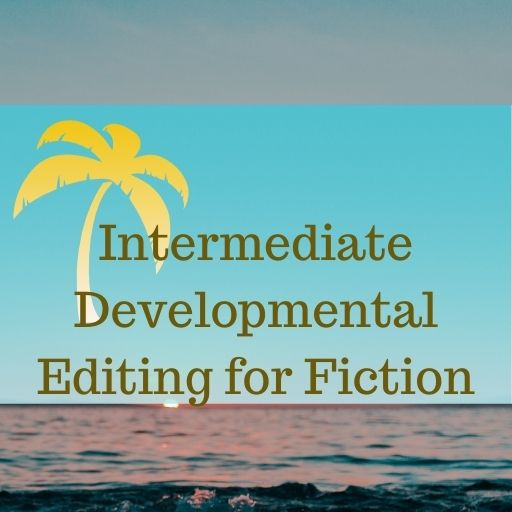How fast can you edit?
A burning question for editors – how fast can you edit?
There is a limit to how fast you can edit.
Editors often ask me how they can edit faster. Some even boast that they’ve found techniques that allow them to go 15% faster! Or 25% faster!
And . . . okay. I get it; the faster you edit, the more editing you can do and therefore the more money you can make.

When you’re a newer editor, it definitely takes you longer than when you’re more experienced. After all my years of working with authors, I can spot head-hopping immediately; a newer editor may have to consciously scan for it. So I understand the desire to get better, and therefore faster, at the work.
And certainly I’m a big fan of automating the parts of the process that a macro or specialized software can do more consistently and faster than a person can. I mean, I love find + replace for hunting down extra spaces after periods and between words. If I had to find all those myself it would take ages and I’d probably miss a few.
But. You are not a machine. If a machine can do what you do, then a machine WILL do what you do and you’ll be out of a job.
There is a limit to how fast you can edit (whether developmental editing, line editing, or copyediting) and still do good work. I’m talking about work that requires the knowledge and judgment of a human. Editing takes as long as it takes.
So stop focusing on the question of how fast can you edit.
What we need to do is charge enough to cover how long it takes. That’s hard, so editors often think going faster would be easier. But at some point you’ll hit that wall where you just can’t go faster and still produce good work. Instead of splatting against that wall, I urge you to step back a bit and commit to doing the hard work of charging what you’re worth.
Other Helpful Content
-
Exploring versus Judging Character
One of the curious conundrums I’ve experienced as a book editor is encountering characters that the author clearly has contempt for but expects readers to be interested in engaging with. Contempt is as poisonous in writing as it is in relationships. The goal of the author should not be to judge character but to explore
-
Coaching Opportunities with Potential Clients
I think of coaching as anything that helps a writer write their book, improve their book, sell their book, or otherwise advance their writing career but which isn’t a straightforward edit on a complete manuscript. In other words, if I help an author write a query letter, or brainstorm solutions to plot problems, or review
-
Coaching and Editing Discovery Drafts
Discovery drafts are typically the first draft of a novel that an author uses to explore the story they’re writing, whether the story has been prompted by a situation, a setting, a character, or a theme. The discovery draft typically includes stops and starts, directions the story could take but doesn’t, characters that fade in
Join the Club!
New to story editing? Begin at the beginning.


